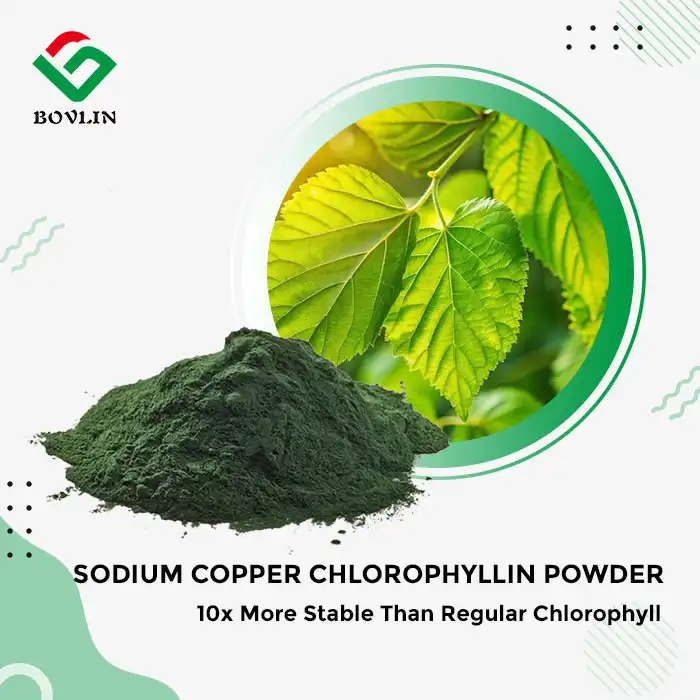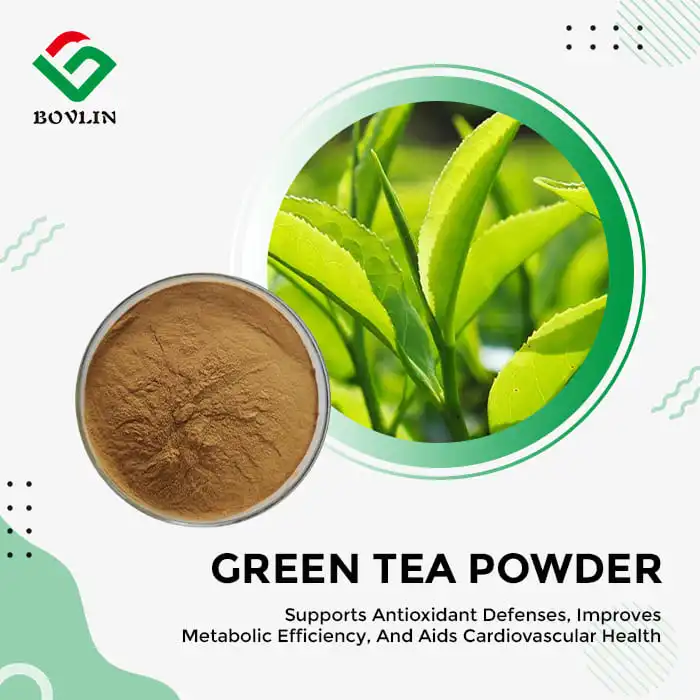How Does Magnolia Bark Powder Influence Stress Hormones?
Cortisol Regulation and Stress Response
Magnolia bark powder has shown promising effects on cortisol regulation, a crucial aspect of stress management. The active compounds in magnolia extract powder, particularly honokiol, have been observed to modulate cortisol levels in preclinical studies. This modulation can potentially help in maintaining a balanced stress response, which is essential for overall well-being and mental health.
GABA Receptor Modulation
One of the key mechanisms through which magnolia bark extract powder may influence stress hormones is by interacting with GABA (gamma-aminobutyric acid) receptors. GABA is the primary inhibitory neurotransmitter in the central nervous system, responsible for reducing neuronal excitability. Research suggests that compounds in magnolia bark powder may enhance GABA receptor activity, potentially leading to a calming effect and reduced stress responses.
Antioxidant Properties and Stress Reduction
The antioxidant properties of magnolia bark powder contribute to its stress-reducing potential. Oxidative stress is closely linked to psychological stress, and the antioxidants present in magnolia extract powder may help combat the cellular damage associated with chronic stress. This protective effect could play a role in maintaining hormonal balance and supporting overall stress resilience.
Magnolia Bark Powder and Sleep Quality Improvement
Promoting Natural Sleep Cycles
Magnolia bark powder has been investigated for its potential to promote natural sleep cycles. The bioactive compounds in magnolia extract powder may influence the body's circadian rhythms, potentially helping to regulate sleep-wake cycles. This regulation is crucial for achieving restful and restorative sleep, which is often disrupted in individuals suffering from sleep disorders.
Reducing Sleep Latency
One of the notable benefits associated with magnolia bark extract powder is its potential to reduce sleep latency - the time it takes to fall asleep. Preclinical studies have suggested that honokiol powder, a key component of magnolia bark powder, may help decrease the time required to initiate sleep. This property could be particularly beneficial for individuals struggling with insomnia or difficulty falling asleep
Enhancing Sleep Duration and Quality
In addition to potentially reducing sleep latency, magnolia bark powder may also contribute to enhancing overall sleep duration and quality. Research indicates that the active compounds in magnolia extract powder could help increase total sleep time and improve the proportion of deep, restorative sleep stages. These effects may result in more refreshing and rejuvenating sleep experiences, addressing a critical aspect of sleep disorders.
Clinical Studies on Magnolia Bark for Anxiety and Insomnia
Anxiety Reduction in Clinical Trials
Several clinical studies have explored the anxiolytic effects of magnolia bark powder in human subjects. These trials have primarily focused on the potential of magnolia extract powder to reduce symptoms of anxiety in various populations. While results have been promising, it's important to note that more extensive research is needed to fully establish the efficacy of magnolia bark extract powder for anxiety management in clinical settings.
Sleep Improvement in Human Studies
Clinical research on the sleep-promoting effects of magnolia bark powder has shown encouraging results. Studies have investigated parameters such as sleep onset, duration, and quality in individuals with sleep disturbances. The findings suggest that magnolia extract powder may offer benefits in improving overall sleep patterns, although more robust clinical trials are required to confirm these effects definitively.
Safety and Tolerability Assessments
An essential aspect of clinical studies on magnolia bark powder has been the assessment of its safety and tolerability. These evaluations are crucial for manufacturers and enterprises considering the incorporation of magnolia bark extract powder into their products. Current research indicates a generally favorable safety profile for magnolia extract powder, with minimal reported side effects in controlled clinical settings. However, ongoing studies continue to monitor long-term safety aspects.
Conclusion
Magnolia bark powder presents a promising natural option for addressing anxiety and sleep disorders in the nutraceutical industry. Its potential to influence stress hormones, improve sleep quality, and reduce anxiety symptoms makes it an attractive ingredient for manufacturers developing stress-relief and sleep-enhancement products. While clinical evidence is encouraging, continued research is essential to fully elucidate the efficacy and optimal applications of magnolia bark extract powder in managing anxiety and sleep disorders.

Contact Us
Are you looking to incorporate high-quality magnolia bark powder into your product line? Contact Shaanxi Bolin Biotechnology Co., Ltd. at sales1@bovlin.com for premium magnolia bark extract powder. As a leading supplier and factory of plant extracts, we offer top-grade magnolia extract powder and honokiol powder to meet your manufacturing needs.











